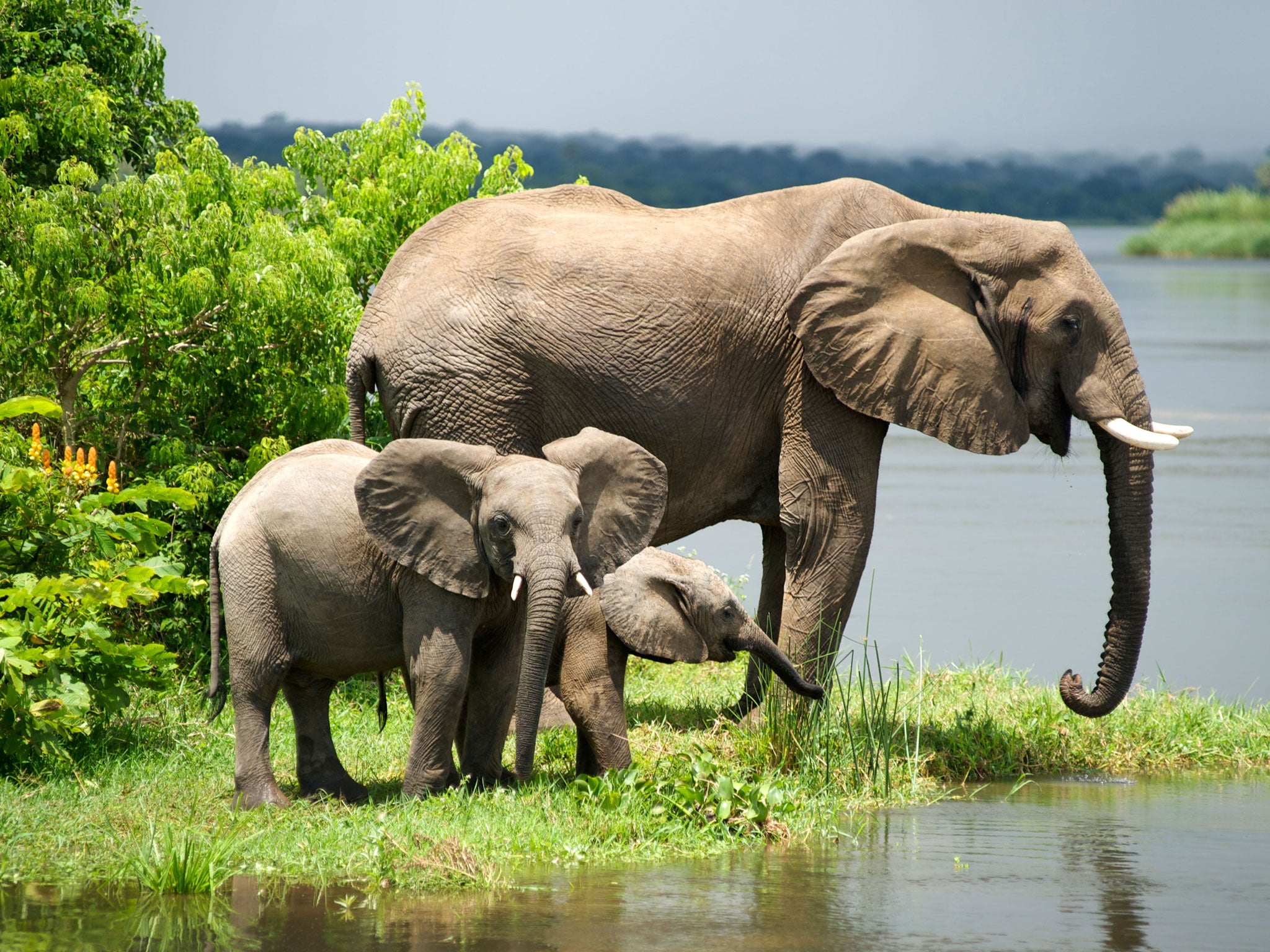Faure Gnassingbé: Failure to act on poaching will place elephants on the path to extinction
Our efforts to protect these wonderful creatures are vital, but only small scale. A co-ordinated international response is necessary, says the President of Togo

My country, Togo has been directly affected by poaching. Today, we have only 115 elephants remaining in our national parks. While we can be proud that not one of them was killed in 2013, our efforts have not stopped our country being a transit channel for illegal wildlife trade.
In the last fortnight, Togo’s security forces seized four tonnes of elephant tusks, en route to Vietnam. This haul amounted to what remained of 500 slaughtered elephants.
Large stocks of ivory have been seized in my country in the last year, mainly in our capital Lomé, which is home to one of the largest ports in West Africa. In spite of our efforts, Togo is still used as a transit port for traffickers mostly from west and central Africa, but also for illegal trade between Africa and Asia.
The destruction of our elephants has reached a crisis point. If we don’t do something about it, then these beautiful animals will be consigned to pictures in history books.
In 1930, Africa was home to around 5-10 million elephants. Now, less than 1 per cent of this figure remains and the number is dwindling fast.
Today we are confronted with the brutal reality – that efforts so far are insufficient.
Beating the illegal trade in ivory requires an international response. More than 20,000 elephants are being killed each year for their ivory tusks.
My country’s success in maintaining a population of 115 elephants is vital but inconsequential; in just the same way that isolated efforts to address climate change will not save our planet. We need action on a global scale.
Many African countries are doing what we can – Kenya and South Africa have recently passed new legislation to criminalise poaching activities. These measures are vital, but insufficient given the scale of poaching. As our experience in Togo shows, we need to tackle the entire international value chain of illegal wildlife trade.
It’s clear to me that protecting our wildlife should no longer be the preserve of conservationists. We all need to play our part.
Saving our elephants has security implications that should concern us all. Evidence shows that illegal ivory trade is linked to other criminal networks, such as human and drug trafficking as well as terrorism. I am aware of reports linking terrorist groups in various parts of Africa with elephant poaching.
The growing menace of wildlife trafficking necessitates a call to action from the global community. In this regard, I would like to commend this newspaper for your campaign, and to thank Prime Minister Cameron for convening a summit this week in London.
It is my sincere hope that both our countries, and indeed all countries, can work together to find practical solutions to curb and arrest the current trend before it is too late.
In Togo we are doing everything we can to conserve our natural inheritance. We count on the many nations who will gather in London on February 13th to agree measures and to take action to do the same. Failure to do so will place the last remaining elephants in countries such as mine on a sure path to extinction.

Join our commenting forum
Join thought-provoking conversations, follow other Independent readers and see their replies